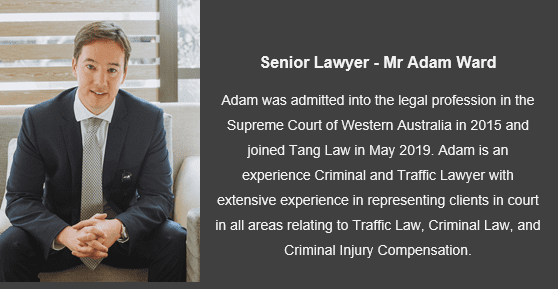JobKeeper Payment to be extended until 28 March 2020 – Are you eligible?
On 21 July 2020, Prime Minister Scott Morrison announced that his government will continue to support households and businesses during the CVOID-19 pandemic. The Prime Minister confirmed that the JobKeeper subsidy will be extended until 28 March 2021 and the Coronavirus Supplement for those on JobSeeker will be extended until 31 December 2020.
When the JobKeeper payment was revealed in March 2020, it was due to end on 27 September 2020. However, the Prime Minister stated that the extension of the JobKeeper Payment is intended to provide further support to businesses and bolster the economy.
Is the JobKeeper payment the same from 28 September 2020?
No. From 28 September 2020 until 28 March 2021, the JobKeeper payment will be reduced incrementally from the current $1500 per fortnight to $1000 per fortnight. Further, for employees who work less than 20 hours per fortnight, their employer will receive a reduced payment. Employers will need to nominate which payment rate they are claiming for each eligible employee.
JobKeeper Payment rates from 28 September 2020 to 28 March 2021:
| Date | Full rate per fortnight | Reduced rate – when less than 20 hours worked per fortnight |
| 28 September 2020 to
3 January 2021 |
$1,200 | $750 |
| 4 January 2021 to
28 March 2021 |
$1,000 | $650 |
If my business is currently receiving the JobKeeper payment, will I continue to do so after 28 September 2020?
Yes, but only if you can demonstrate that you have suffered a reduction in the June quarter (April, May, June) and September quarter (July, August, September) turnovers. You will need to demonstrate that your business has experienced a decline during both of those quarters to be eligible for payment in the December quarter.
To receive payment for the period of 4 January 2021 to 28 March 2021, you will need to again demonstrate that the turnover has fallen in each of the June, September, and December quarters (October, November, December) of 2020 in comparison to the same quarters in 2019.
If my business was not eligible for JobKeeper previously, but it is now, can I still apply?
Yes, the JobKeeper payment is still available for new participants who meet the eligibility requirements during any of those periods mentioned above.
What are the eligibility requirements for businesses and not-for-profits?
You will need to demonstrate that you have experienced a decline in turnover of:
- 50 per cent for those with an aggregated turnover of more than $1 billion;
- 30 per cent for those with an aggregated turnover of $1 billion or less; or
- 15 per cent for Australian Charities and Not-for-profit Commission-registered charities (excluding schools and universities).
I received a rent reduction because I was eligible for JobKeeper. How will the extension of the JobKeeper payment impact on my lease?
The announcement of the JobKeeper extension does not directly impact the state-based Commercial Tenancies (COVID-19 Response) Act 2020 or the associated WA code of conduct. It is likely that the WA Government will consider this issue in the near future. We will keep you updated when further information is available.
For more information on the eligibility requirements, please visit:
https://www.ato.gov.au/general/JobKeeper-Payment/
If you require specific advice concerning the interaction between the Fair Work Act 2009 and the JobKeeper Payment program, please contact us at [email protected]







